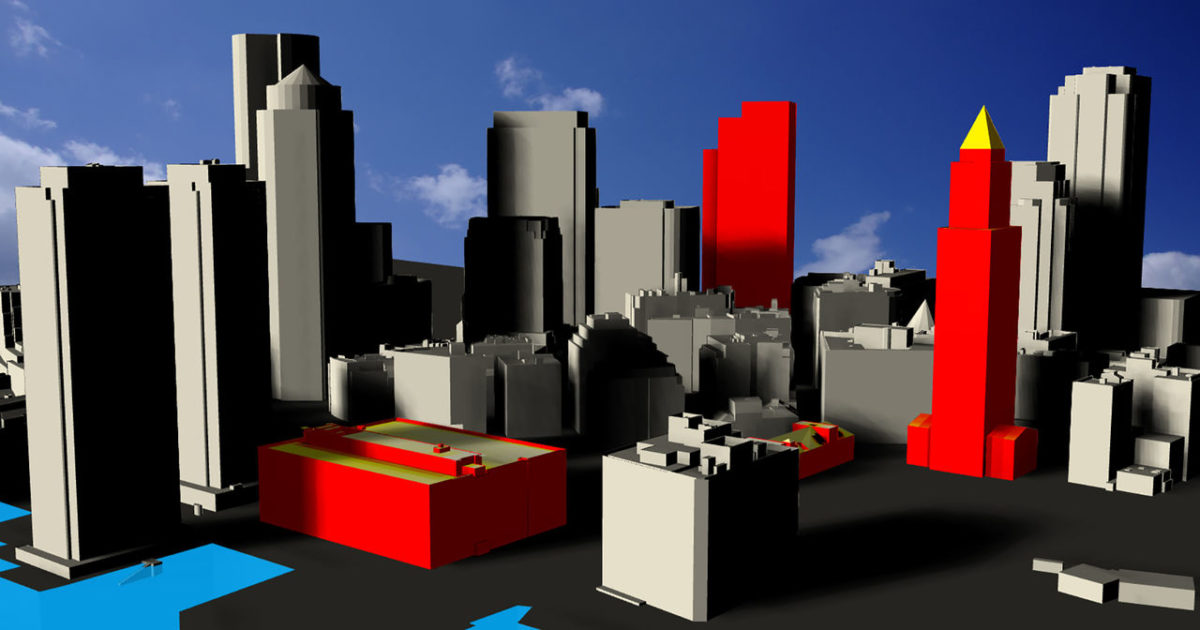From pv magazine International.
Scientists at the Netherlands’ Delft University of Technology claim to have developed a new system to assess the potential of rooftop PV in urban areas that offers a higher degree of accuracy and reduced computational requirements compared to traditional, irradiance-based approaches.
The model is applicable to all latitudes, say the researchers, as it incorporates five coefficients that depend on the local climate. “These coefficients are generated one time and later used to predict the irradiation and yield of a PV system at any place within a region with a similar climate,” they said.
A new approach for the fast estimation of the solar energy potential in urban environments, published in scientific review Nature explains how the researchers have described a new method said to be an efficient tool to help urban planners and architects better integrate PV in building design.
Two skyline factors considered
The new approach is based on two parameters modeled on the skyline profile: the sky view factor – the ratio at a point in space between the visible sky and a hemisphere centered on the analyzed location which is a useful urban spatial indicator for radiation and thermal environmental assessment; and the sun coverage factor, which determines irradiation from direct sunlight. “These two parameters can be easily and quickly obtained from the skyline profile,” the authors of the study wrote.
According to them, the maximum estimation error of the model is lower than 10% and the system also offers a substantial reduction in the computational requirements needed to calculate the yield of PV systems in complex urban environments.
The scientists claim current simulation models do not take the potential risk of shading into account properly and say their approach has already been integrated into a software toolbox that can accurately calculate the energy yield of PV systems at any location.
This content is protected by copyright and may not be reused. If you want to cooperate with us and would like to reuse some of our content, please contact: editors@pv-magazine.com.









By submitting this form you agree to pv magazine using your data for the purposes of publishing your comment.
Your personal data will only be disclosed or otherwise transmitted to third parties for the purposes of spam filtering or if this is necessary for technical maintenance of the website. Any other transfer to third parties will not take place unless this is justified on the basis of applicable data protection regulations or if pv magazine is legally obliged to do so.
You may revoke this consent at any time with effect for the future, in which case your personal data will be deleted immediately. Otherwise, your data will be deleted if pv magazine has processed your request or the purpose of data storage is fulfilled.
Further information on data privacy can be found in our Data Protection Policy.